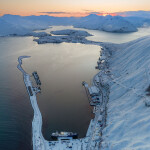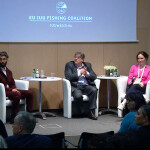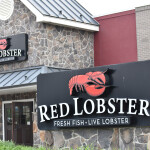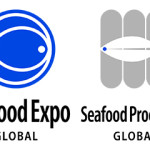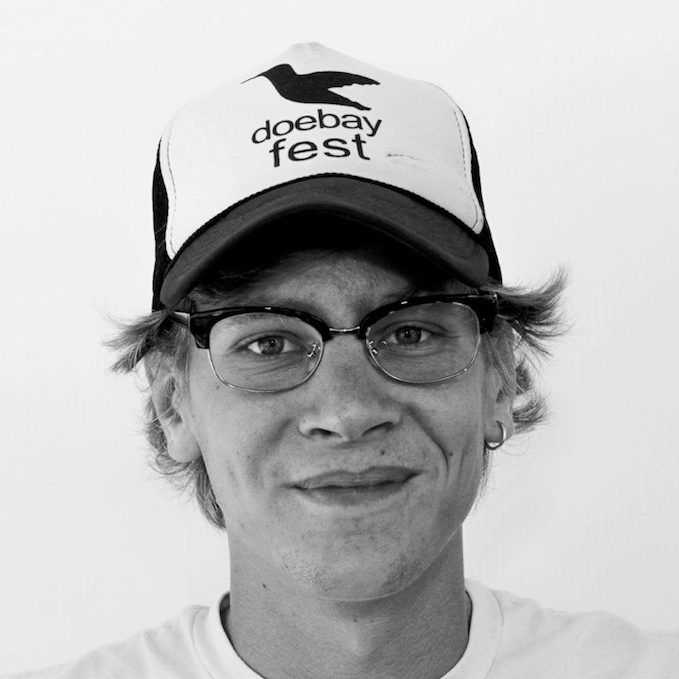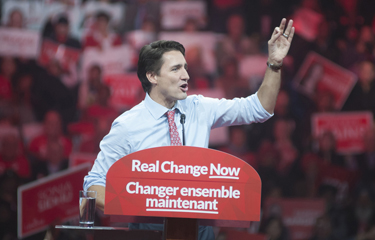Canadian Prime Minister Justin Trudeau’s Liberal Party has released its full party platform, which calls for a “transition [in British Columbia] from open net pen salmon farming in coastal waters to closed containment systems by 2025.”
The plan, released last week, has been dubbed by the party “Canada’s first-ever Aquaculture Act.”
However, the plan drew sharp criticism from those in the country’s aquaculture industry, including the Newfoundland Aquaculture Industry Association, whose executive director, Mark Lane, called the plan an “insult.”
“The news release I saw is very carefully crafted to only include B.C., but this will have massive ramifications across the industry,” Lane said. “The NGOs who stand against us will use this against us.”
Canada’s Green Party, generally more to the left of the Liberal Party on social and economic issues, released a similar proposal earlier in the month that would move the entire country from net-pen to land-based fish farming by 2025.
The Green Party’s plan also calls for Canada’s governmental agencies to excuse themselves from the promotion of salmon farming. It cited a conflict in the dual roles given to Canada’s Department of Fisheries and Oceans of promoting aquaculture and protecting wild salmon as the reason for the proposal.
The Atlantic Canada Fish Farmers Association called both the proposals “nonsense,” with the ACFFA suggesting that they are uninformed and shortsighted, and environmentally harmful. Two billion kilograms of salmon – the amount produced by salmon farming annually across the globe – grown on land-based farms would produce 526 billion kilograms of greenhouse gas emissions, ACFFA said in a press release. Additionally, moving entirely to land-based aquaculture would require 4.16 billion liters of fresh water and would take up 33,719 acres of land.
“The lack of knowledge behind these election promises is quite astonishing, especially from two parties that claim to be serious about taking actions on climate change,” the organization said in a press release. “Even if it were possible to move all ocean-based farms to land by 2025 (which it’s not because the technology does not exist on that scale), such a move would bring significant environmental, fish health welfare concerns, and devastating socio-economic damage in rural coastal communities.”
Rearing Atlantic salmon in net-pens is one of most energy efficient methods of large-scale animal protein creation, the ACFFA said, and the carbon footprint of farmed salmon is significantly smaller than beef, chicken, pork or sheep. The ACFFA calls for “all federal election candidates to stand up for Canada’s salmon farming industry by publicly rejecting these campaign promises and acknowledging the important role fish farming plays in our coastal communities.”
Canadian federal elections take place on 21 October and polling suggests that some 10 percent of registered voters are still undecided. Within the past few weeks, Trudeau has presented a number of plans including tax reductions, aiming to increase his political support and win over the undecided vote.
The proposals to end net-pen salmon farming in British Columbia come after last year’s agreement between the provincial government, First Nations tribes, and industry players, who jointly negotiated the closure of several salmon farming sites off the coast of Vancouver Island and the phasing out of others in the coming years.
British Columbia is the country’s most productive province when it comes to fish farming, harvesting some 90,000 metric tons of Atlantic salmon every year.
Photo courtesy of Shutterstock

